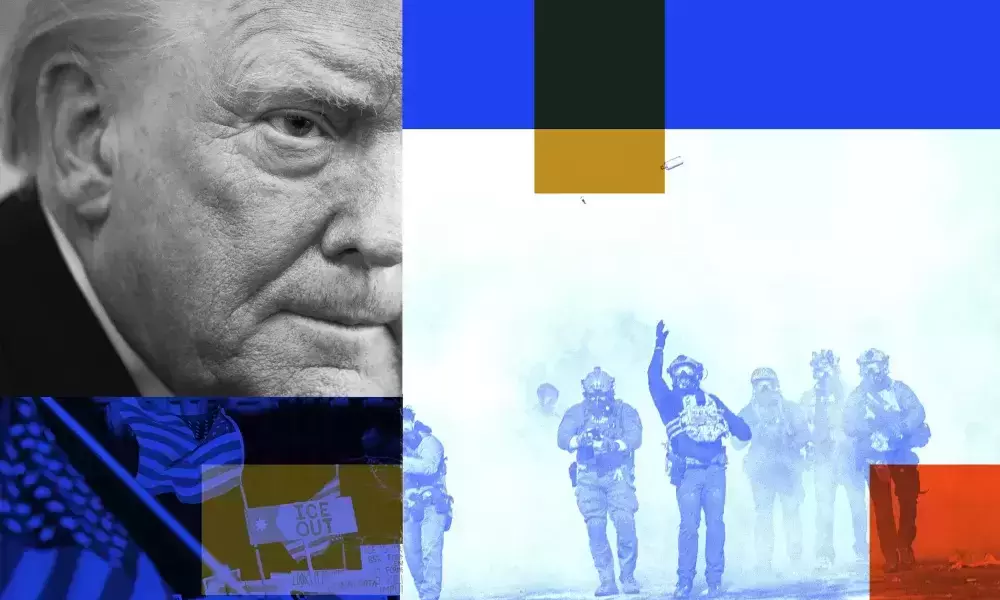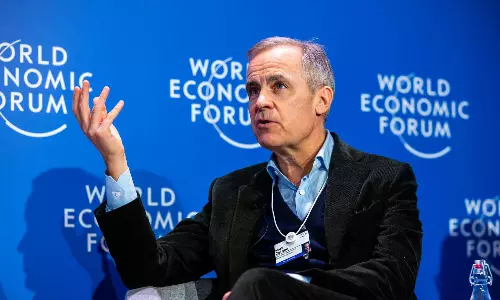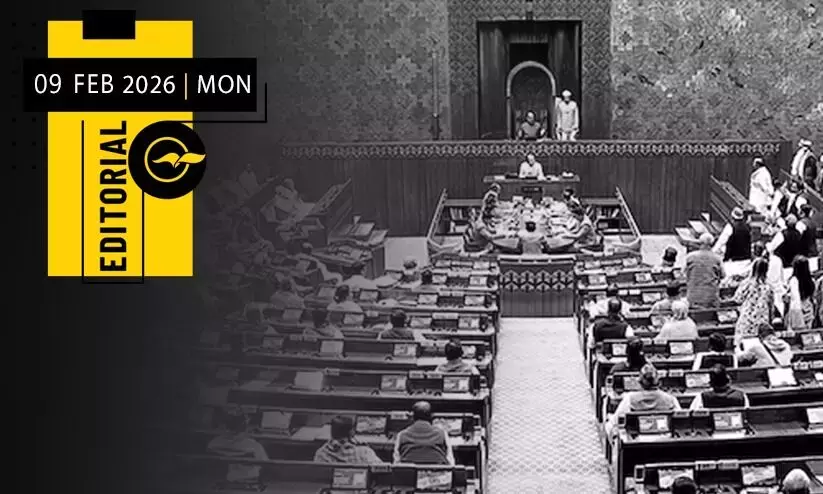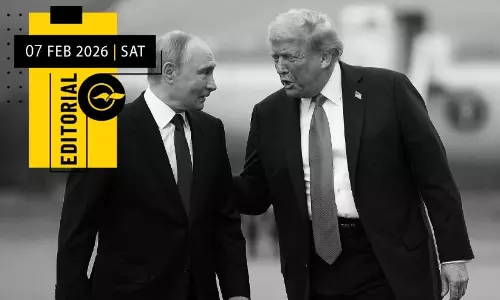
Antony Blinken meets Iraqi PM in surprise visit amid Syria crisis
text_fieldsUS Secretary of State Antony Blinken made an unannounced visit to Baghdad on Friday to meet with Iraqi Prime Minister Mohammed Shia al-Sudani.
The visit is part of a regional effort to address the ongoing crisis in Syria following the overthrow of Bashar al-Assad.
Blinken’s arrival in Baghdad followed discussions in Ankara, Turkey, highlighting the United States' focus on coordinating a unified regional strategy for Syria. Iraq, which shares a border with Syria, is particularly concerned about the potential spillover of instability after Islamist-led rebels ousted Assad in a rapid offensive.
Both nations have struggled with the aftermath of the Islamic State’s (IS) rise, a group that established a self-declared caliphate across Iraq and Syria a decade ago. Iraq has called for the preservation of Syria’s territorial integrity and respect for the Syrian people's will in the wake of Assad's downfall.
The United States continues to maintain approximately 2,500 troops in Iraq and an additional 900 in Syria, primarily to counter the resurgence of IS. President Joe Biden's administration has agreed with Iraq to end the coalition's military presence by September 2025 but has not committed to a full withdrawal. The presence of US troops has faced opposition from Iran-aligned groups in Iraq.
President-elect Donald Trump, set to take office next month, has expressed scepticism about US military deployments, raising questions about whether his administration will adhere to Biden's agreements or revise strategies in response to the situation in Syria.
Blinken emphasized the importance of an inclusive political process to establish a stable and accountable government in Syria, aiming to avoid sectarian conflicts like those seen in Iraq after Saddam Hussein's fall. Speaking from Jordan earlier, Blinken noted a shared interest among regional players in achieving a unified approach to Syria.
The US also seeks to ensure Syria does not serve as a base for terrorism or align with groups such as IS. However, tensions remain with Turkey over US support for Syrian Kurdish fighters, who are pivotal in the fight against IS but are seen by Ankara as linked to banned Kurdish separatist groups.
Meanwhile, Israel has intensified strikes on Syrian military sites, targeting Iranian-backed forces such as Hezbollah to curb Tehran’s regional influence.























